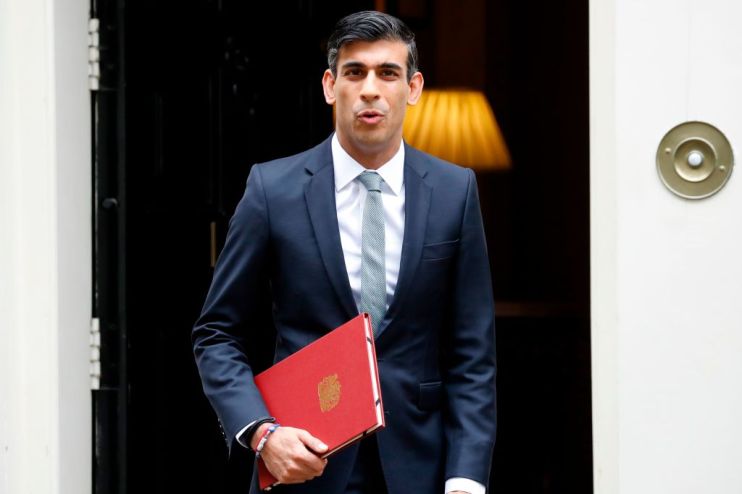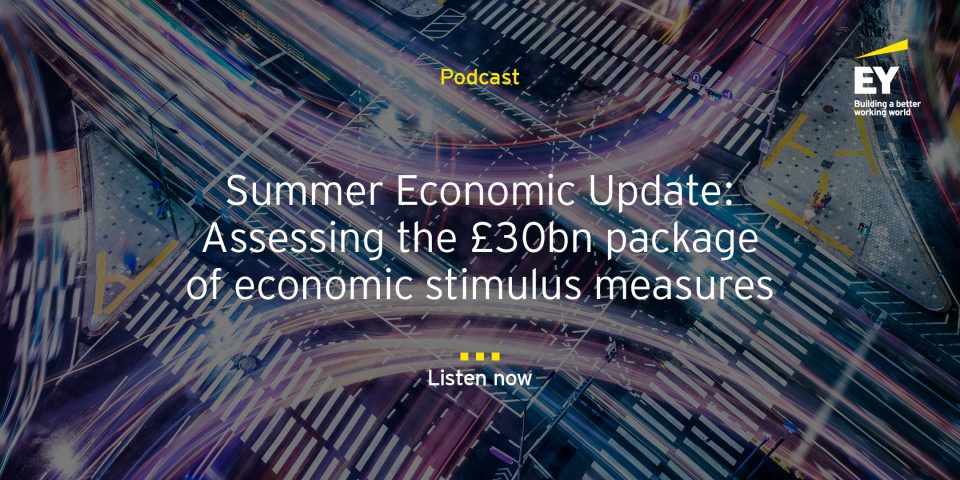Tax less, spend more: the Chancellor’s Summer Statement

The Chancellor delivered an Economic Statement that may not have been heralded as a Budget, but nonetheless delivered some significant changes to the country’s taxation and spending regime.
In what was clearly a ‘Tax Less, Spend More’ statement, Rishi Sunak delivered not just a VAT cut for the few, but spending grants for the many. On the few, we saw VAT cuts for those in hospitality and leisure, whilst on the many there was an effort to encourage people to eat out (but only at the start of the week) or to improve their green footprints (through making their houses more energy efficient).
The six-month targeted VAT cut may bring smiles to the faces of restauranteurs but won’t apply to any alcoholic tipple that accompanies the food. Nevertheless, combined with the £10 ‘Eat out to help out’ half price offer per diner per meal, this Chancellor has been putting his money where his mouth is.
Read more: Why implementation of the VAT rate cut will be more complicated than it appears
Coupled with a similar cut for accommodation and attractions, the Chancellor has been playing to those longing for the end of lockdown. Beyond this, the cut in Stamp Duty was clearly intended to stimulate house moves.
Webcast: Practical impacts of the VAT change for businesses
But the largest impact was to address those fearing the effect of ‘furlough cold turkey,’ or the young facing a troubled job market. With a grant of £1,000 per furloughed employee retained through to end January next year, this element of the Chancellor’s help may be small compared to the salary costs (effectively just over £300 per month), but will be welcome nonetheless.

Whether this is enough to stop redundancies is yet to be seen. Also, this scheme may leave a sour taste in the mouth for those businesses which have struggled on without furloughing workers and be seen as unfair in relation to those who worked throughout the lockdown.
For those entering the job market, the Chancellor’s Kickstart scheme is set to attract up to 400,000 young people, who companies can take on, with the Government grant paying the minimum wage for six months.
All in all, this economic statement deployed almost £30bn of Government funds in tax breaks and spending increases – quite something for a non-Budget. With the Chancellor’s focus on food, this may just the appetiser before the Autumn Budget main course.